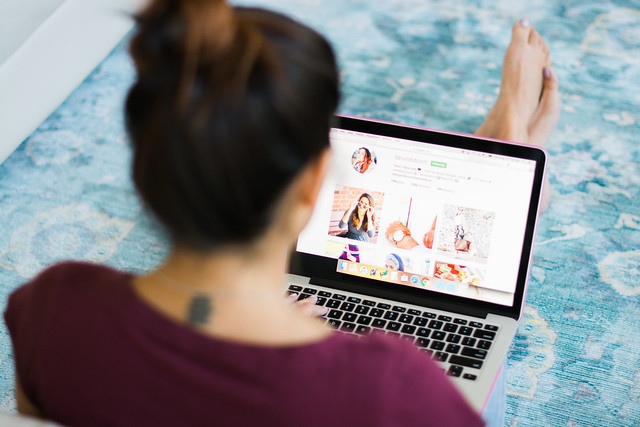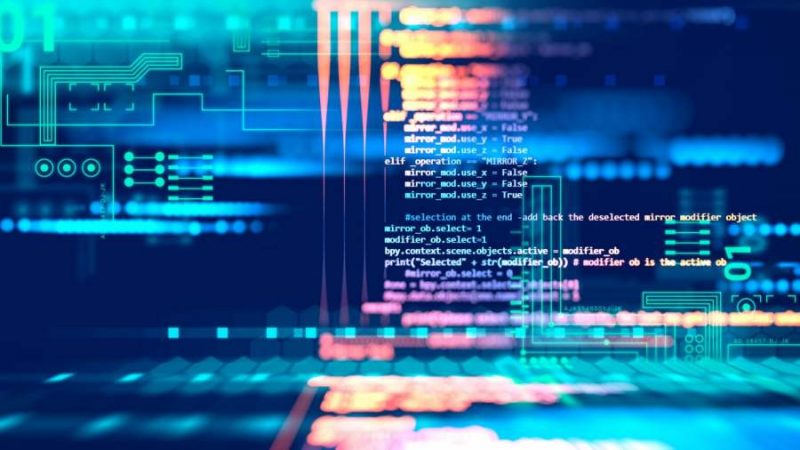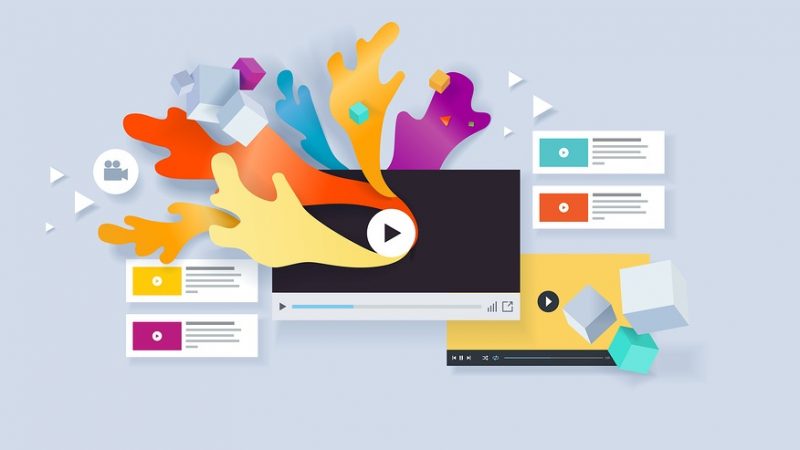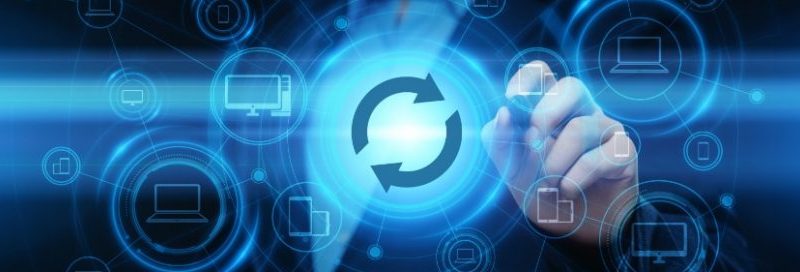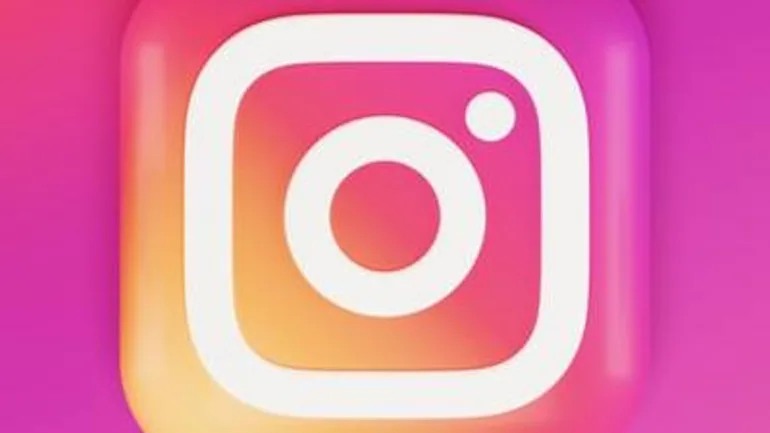How Does A VPN Protect You on Public Wi-Fi?
The digital world we are living in comes with a lot of perks that we should enjoy for sure, but we should also keep an eye on the threats that come along with these perks. We cannot deny the fact that the internet has changed the way we used to do day-to-day activities and has an influence on pretty much everything we do in our lives. However, it also comes with many threats.
Hackers and cybercriminals are always looking around to get into your devices and steal your personal data and information. Many people have been a victim of this because of the lack of awareness. It is suggested to take all the precautions to make sure that you don’t become a victim of these internet threats.
While getting the internet service, always get an internet security suite even if you have to pay a few extra bucks. There are some internet service providers like Cox which offer internet security along with the services. If you ever feel like someone is tracking your network, you can reach out to Cox customer service to help you out with the threat and get a safe internet connection.
Remember that having an internet security suite isn’t just enough. You need to take other precautions as well in order to secure your devices. It is highly recommended to get use a VPN while doing any important stuff on the internet.
What is a VPN?
Virtual Private Networks, or VPNs, allow users to access the internet without disclosing their name, location, or other personal information. VPNs are primarily used for safe and secure browsing, and for accessing the websites or online content in their original form if they have any kind of restriction implied on them. Throughout the digital passage, the users remain anonymous and their information is protected from theft by hiding their devices, IP addresses, and everything that can be tracked or misused. Nobody from another end can tell whether they are being viewed via laptop, mobile and even the operating system cannot be seen.
Why should I use VPN?
When the VPN is installed and the user enables anonymity, they get free from all the geopolitical restrictions and all the content on the internet becomes uncensored for them. Using a VPN, reduces the possibility of theft, getting hacked, receiving malware, and all sorts of threats to loss of confidential data particularly if the user is online via public Wi-Fi and surfing around.
The Internet currently has more information than ever before, and every user’s whole profile is kept and scanned for advertising and marketing purposes. There are two forms of data and information: public and private. We enjoy the internet because of the information it provides to the public, and technology would be incomplete without it. However, the growing number of internet users and the ability to sign up for various accounts online has raised the possibility of sharing information for illegal reasons.
Why public Wi-Fi network is not secure?
While using the public internet, typically Wi-Fi, you never know who is seeing your screen from the other end or saving your passwords and all the confidential information on your device. This usually happens at airports, restaurants, cinemas, or literally anywhere, where we get free internet. The public Wi-Fi connection is open and free for use, unlike the ones we have at our homes, friends, and workplaces. But this temporary convenience comes with great risk.
The chances of theft, a hacker hacking your device, and stealing the personal or professional information in order to misuse using against you or someone else are more when we don’t use VPN, and data breach is something none of us would really want to happen. Therefore, we should use VPN to secure our online stay and protect our online identity from everyone.
Sitting idle somewhere or waiting for something in a public location can be tedious, and when we don’t want to interact too much, most people turn to their electronics, particularly their phones. Connecting to the internet does not necessarily have to be gaming or streaming; some individuals like to check social media and post stories instantly, and checking emails could be more important for someone than rest, gaming to kill time, reading, or watching videos while on the go.
In any case, a free and open internet connection might be appealing, but you shouldn’t use it unless you have something really important to do.
To secure your devices from the internet, there are a few tips that you should keep in mind.
- Do not allow your devices to connect with any available Wi-Fi networks. Keep it manual rather than auto-connect.
- If you had to connect with the available public Wi-Fi for any important reason, please avoid logging into any personal or professional account, particularly the ones with crucial information.
- Always trust the websites that have HTTP as the initials of their URL. The presence of ‘s’ ensures a safe network.
- Avoid leaving the Wi-Fi (as said earlier) and Bluetooth on auto-connect constantly unless they are in use. Change your devices’ settings to manual.
- When connected with a public Wi-Fi, refrain from visiting websites that may possibly have sensitive data, which includes your banking details, transactions, healthcare account, property, or something you can operate virtually.
- Deliberately avoid logging into an open to reach Wi-Fi network, particularly the ones that are not password protected.
- You can install a VPN on your device instantly or already have it, to ensure secure browsing.
Summing it up
We understand that in the world we are living in, it’s really hard to spend even an hour without checking Instagram or Facebook but for the sake of securing our data, we should be cautious. The Internet has given us a lot and no one is denying that. All the convenience and information are undeniably comforting but we cannot deny the threats that come with digital solutions. To escape all the digital threats and risks, we just have to be extra vigilant, which is a fair deal, no? The checklist to ensure safety has already been shared above and that is quite doable for pretty much all of us.
Follow TechR for more!

